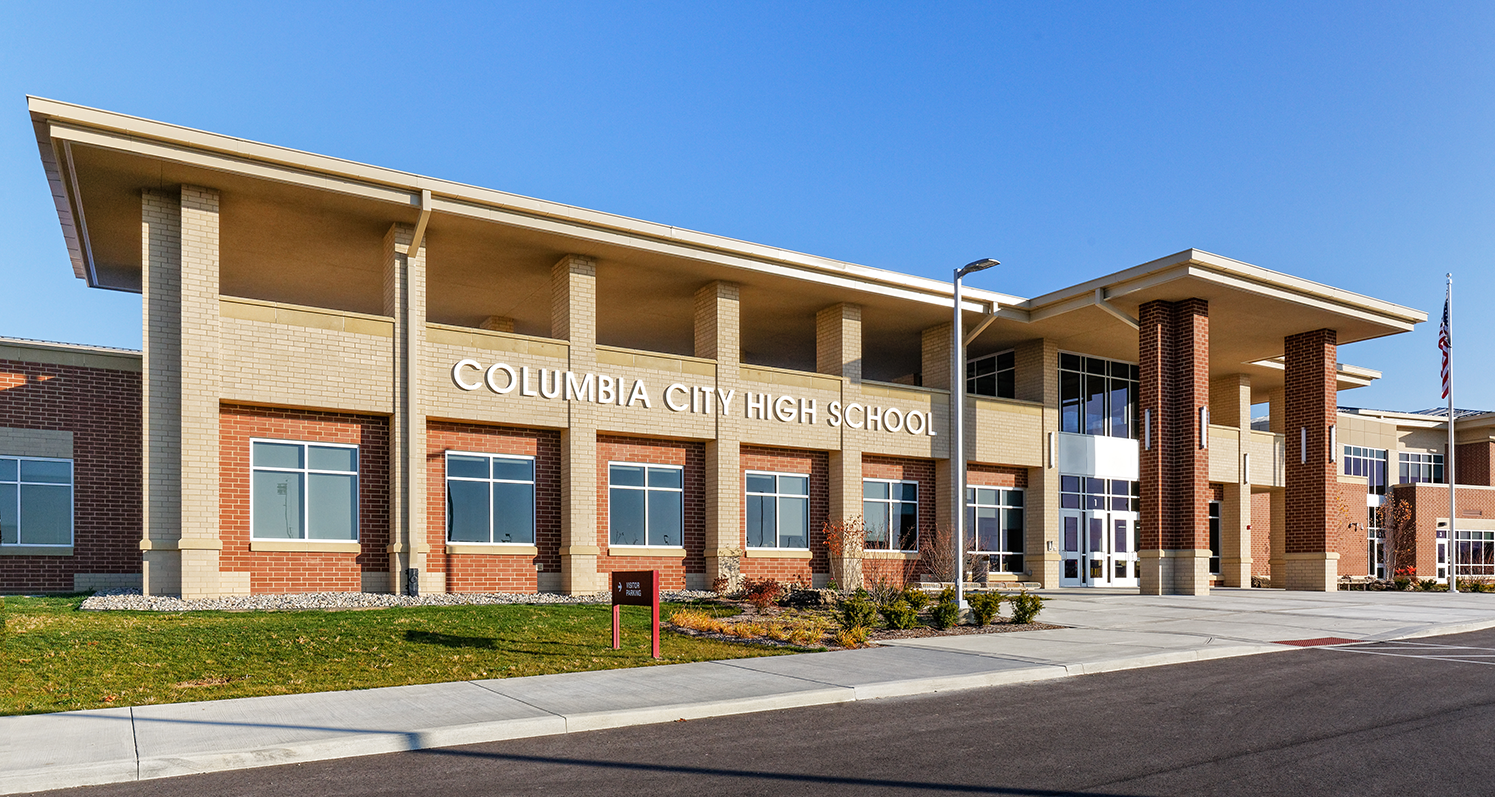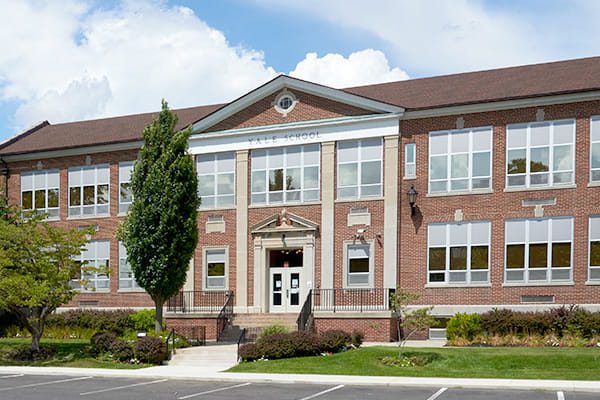Fundraising Concepts to Help Save Temecula Schools and Programs
Fundraising Concepts to Help Save Temecula Schools and Programs
Blog Article
Crucial Standards to Consider When Assessing Potential Colleges for Registration
When thinking about schools for registration, reviewing necessary standards ends up being vital to making sure a helpful understanding setting. The college's society should promote respect and inclusivity to foster an encouraging community.
Academic Programs
When assessing prospective institutions for registration, thinking about the breadth and deepness of their academic programs is paramount. Top notch scholastic programs not only identify the academic value a trainee will get however likewise influence future possibilities and profession paths. Prospective trainees and their households must inspect the curriculum to guarantee it straightens with the student's scholastic rate of interests and occupation desires.
Accreditation is an essential variable, as it signifies that the organization fulfills established criteria of top quality. Additionally, the diversity certainly offerings, including advanced placement (AP) or Global Baccalaureate (IB) programs, can substantially enhance a pupil's learning experience. Institutions with robust academic tracks in STEM, liberal arts, and the arts suggest a dedication to comprehensive education.
Professors qualifications and student-to-teacher proportions are also vital signs of academic quality (Save Temecula Schools). Highly credentialed teachers and smaller sized class dimensions frequently result in even more tailored attention and a much better instructional experience. Moreover, the availability of academic sources such as collections, labs, and technology hubs can further improve the knowing setting.
Reviewing these elements ensures that the picked school supplies a strenuous and helpful academic framework, essential for fostering intellectual development and preparing trainees for future success.
Extracurricular Tasks
Past the academic realm, extracurricular tasks play a significant role in shaping a well-shaped instructional experience. These tasks supply students with opportunities to create abilities that prolong past the classroom, such as time, teamwork, and management administration. When assessing potential schools for enrollment, it is vital to take into consideration the range and top quality of extracurricular programs offered.
A diverse series of activities, consisting of sports, arts, songs, discussion clubs, and social work initiatives, can satisfy various interests and talents. Institutions that support a wide range of extracurriculars show a dedication to cultivating holistic development. Additionally, participation in these activities can enhance college applications and returns to, showcasing a trainee's capacity to stabilize multiple duties.
It is likewise vital to analyze the centers and resources offered for these activities. High-grade centers and knowledgeable instructors can substantially affect the effectiveness and enjoyment of the programs. In addition, take into consideration the level of student involvement and the college's support of engagement. Colleges that proactively advertise extracurricular involvement usually develop a lively, inclusive neighborhood.
Course Dimensions
When reviewing prospective schools for enrollment is class dimension,One of the important variables to consider. Course dimension dramatically affects the top quality of education that a student gets. Smaller sized course sizes typically permit even more individualized attention from teachers, which can lead to enhanced academic end results. Educators are better able to identify and deal with the special requirements of each pupil, promoting an extra individualized knowing experience. Additionally, in smaller sized courses, students are more most likely to participate in discussions and engage with the product, boosting their overall comprehension and vital reasoning abilities.
Furthermore, smaller class sizes can add to a much more natural class atmosphere. With less pupils, there is a higher chance for constructing strong connections in between peers and teachers, which can boost the understanding environment and advertise a sense of area. This directory additionally enables for even more reliable class monitoring, as educators can devote more time to maintaining a favorable and efficient atmosphere.

School Culture
Comprehending the relevance of college society is vital when evaluating possible colleges for registration. Institution culture encompasses the worths, beliefs, and habits that shape the social and finding out environment. A inclusive and supportive society fosters trainee involvement, academic success, and individual growth. Examining a school's culture entails observing interactions among pupils, educators, and staff, in addition to understanding the institution's mission, worths, and assumptions.
Possible parents and trainees ought to seek colleges that prioritize respect, partnership, and a favorable ethos. Look for indications such as solid student-teacher partnerships, active involvement in institution tasks, and a sense of neighborhood. A healthy and balanced school culture commonly advertises variety and addition, ensuring that trainees from diverse histories feel invited and valued.
Additionally, a favorable institution culture motivates open interaction and supplies students with a secure setting to share themselves. It additionally supports academic rigor while balancing after-school activities that contribute to all natural growth. When going to an institution, involve with present pupils and personnel to assess their complete satisfaction and sense of belonging. Eventually, the best school society will certainly line up with a family's worths and add considerably to the general academic experience.
Facilities and Resources
When evaluating possible institutions for enrollment, the top quality and availability of facilities and resources play a critical function in shaping the educational experience. A college equipped with contemporary features can dramatically enhance discovering outcomes.
Collections are one more keystone of academic excellence. A well-stocked library with a diverse variety of books, journals, and digital resources can support pupils' research needs and promote a culture of analysis and query. try this website Just as crucial are sports facilities. Gyms, sports fields, and swimming pools not only contribute to physical health however also advertise synergy and self-control.
Modern technology is essential in today's educational landscape. Colleges need to next offer dependable internet access, computer laboratories, and clever classrooms to promote electronic understanding. In addition, specialized resources such as art workshops, songs areas, and cinema rooms can support imaginative skills.
Inevitably, the breadth and quality of a college's facilities and resources can greatly affect a student's general development. Therefore, moms and dads need to meticulously assess these facets to make sure a well-rounded and enhancing instructional experience.
Conclusion
In recap, reviewing potential schools for enrollment necessitates an extensive evaluation of several essential variables. Additionally, a college society that stresses respect and inclusivity is vital to developing a encouraging and efficient discovering setting.

A healthy institution culture often promotes variety and inclusion, making sure that pupils from varied backgrounds feel invited and valued.
Furthermore, a positive college culture urges open interaction and provides trainees with a risk-free setting to reveal themselves.
Report this page